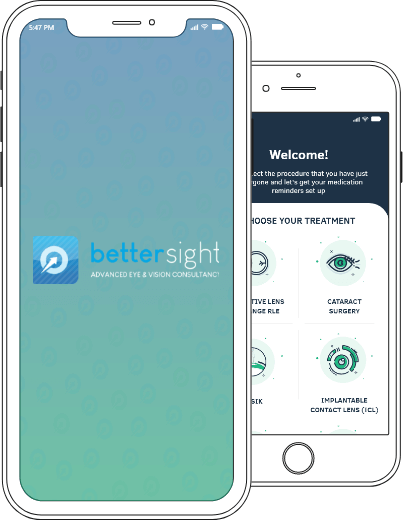

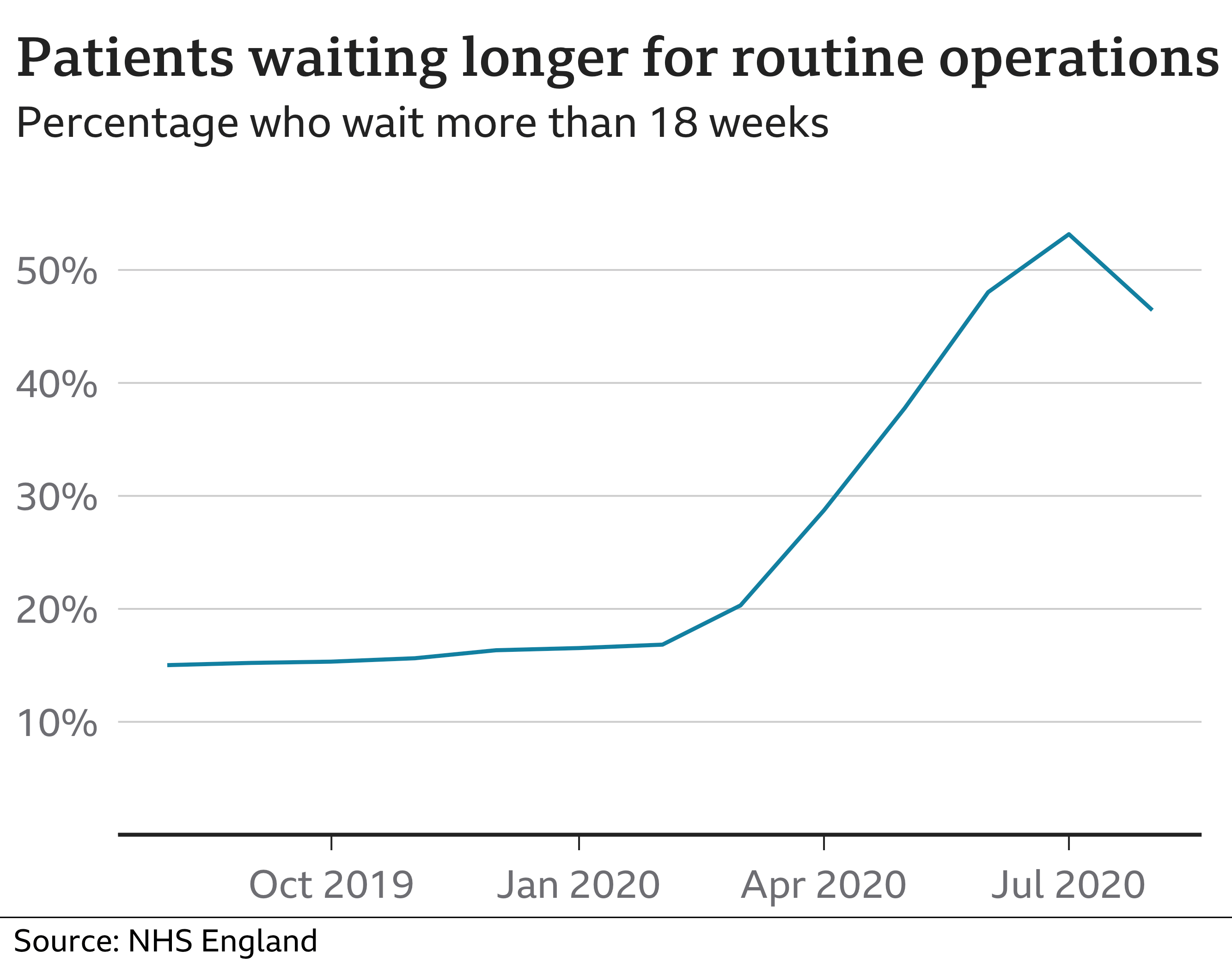
On a calm early spring evening on the 23rd of March to be precise, our UK prime minister The Rt Hon Boris Johnson MP, alighted onto our TV screens and solemnly announced the beginning of the process of ‘lock down’. This process of minimising all non-essential contact between people has now become strangely familiar to all of us who have had to endure the challenges of social distancing and isolation . There is no doubt that the spring 2020 lockdown helped to reduce the much vaunted ‘R’ number – or the replication rate of the COVID-19 virus and brought the pandemic largely under some level of control. Lockdown may have 'flattened' the pandemic curve, but it has come at enormous socio-economic impact. Beyond the immense tragedy of human suffering caused by the pandemic there is also the time- bomb of other health problems that have essentially been put on hold whilst we navigate through this unique landscape. One of those issues is the rising NHS waiting lists for electve treatments.
This is no surprise as the NHS was always designed and funded to be 'just about managing' its routne care in normal circumstances, Im sure we can all agree that we are not in normal circumstances in 2020. The impact the delayed treatments for services such as routine orthopaedic surgery, investigative endoscopies and radiotherapy services is almost incalculable. Cataract surgery as an elective service and is likely to be one of the most hard-pressed services when we finally resume normal or near normal services in the NHS in 2021 In a typical year the NHS will perform around 500,000 cataract operations per year.
We have lost well over half of the annual capacity during 202, this means that around 250,000 more patents will now be on a waitng list for cataract surgery than during a typical year.
Additonally whilst cataract services are patchily being re-introduced, the extra measures required to help reduce Covid-19 transmission will also lower the efficiency of NHS services serving as a strong headwind in our desire to reduce the waiting times.
For these reasons I foresee that NHS cataract services across the UK will remain under very high pressure for some time to come. The good news is that many independent facilities up and down the country are relatively under-utilised which means there is spare capacity to available to help our NHS partners in their time of need.
We have worked hard to ramp up both our private and NHS cataract surgery services across the seven Optegra UK hospital sites and I for one am delighted to have played a leading role in helping this process.
One final point that is worth remembering...
- Its not just about the waiting times that prompt patients to consider private treatment - as a vision correction service we are seeing many more patients realising that cataract surgery should also be considered as a once in a lifetime chance to help you to lead a life without having to rely on glasses.
To learn more about our Refractive Cataract surgery service just click here:
https://bettersightclinics.co.uk/home/refractive
No comments here
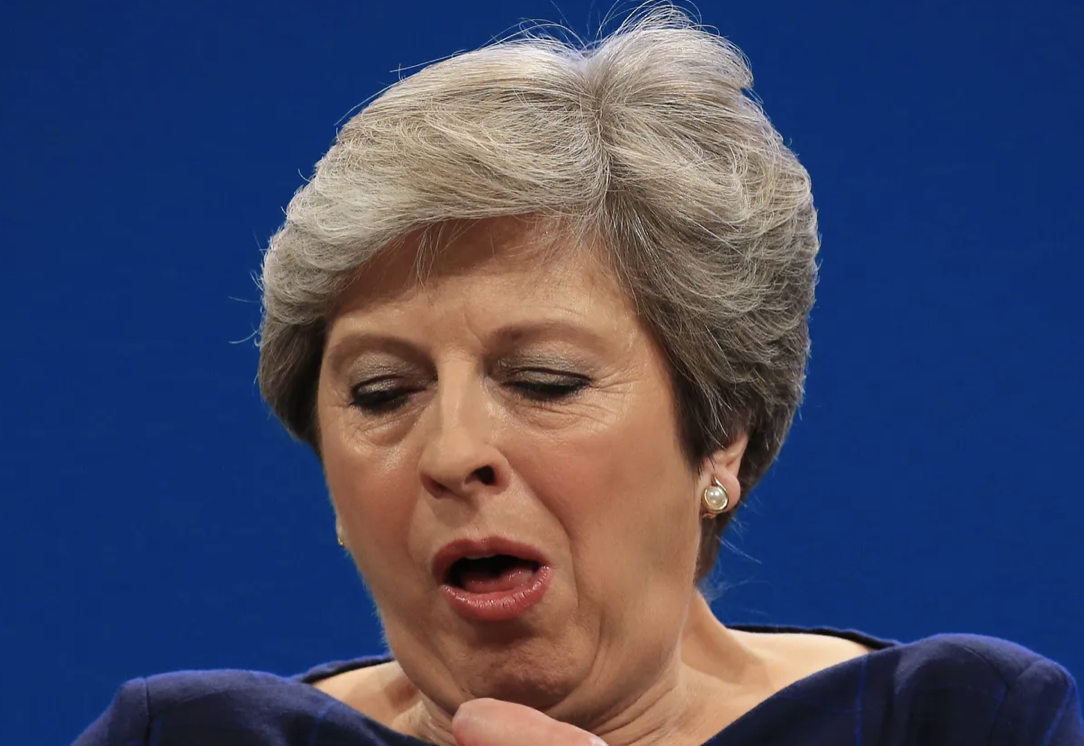
16 January, 2022

10 January, 2022

03 January, 2022

02 January, 2022

30 December, 2021
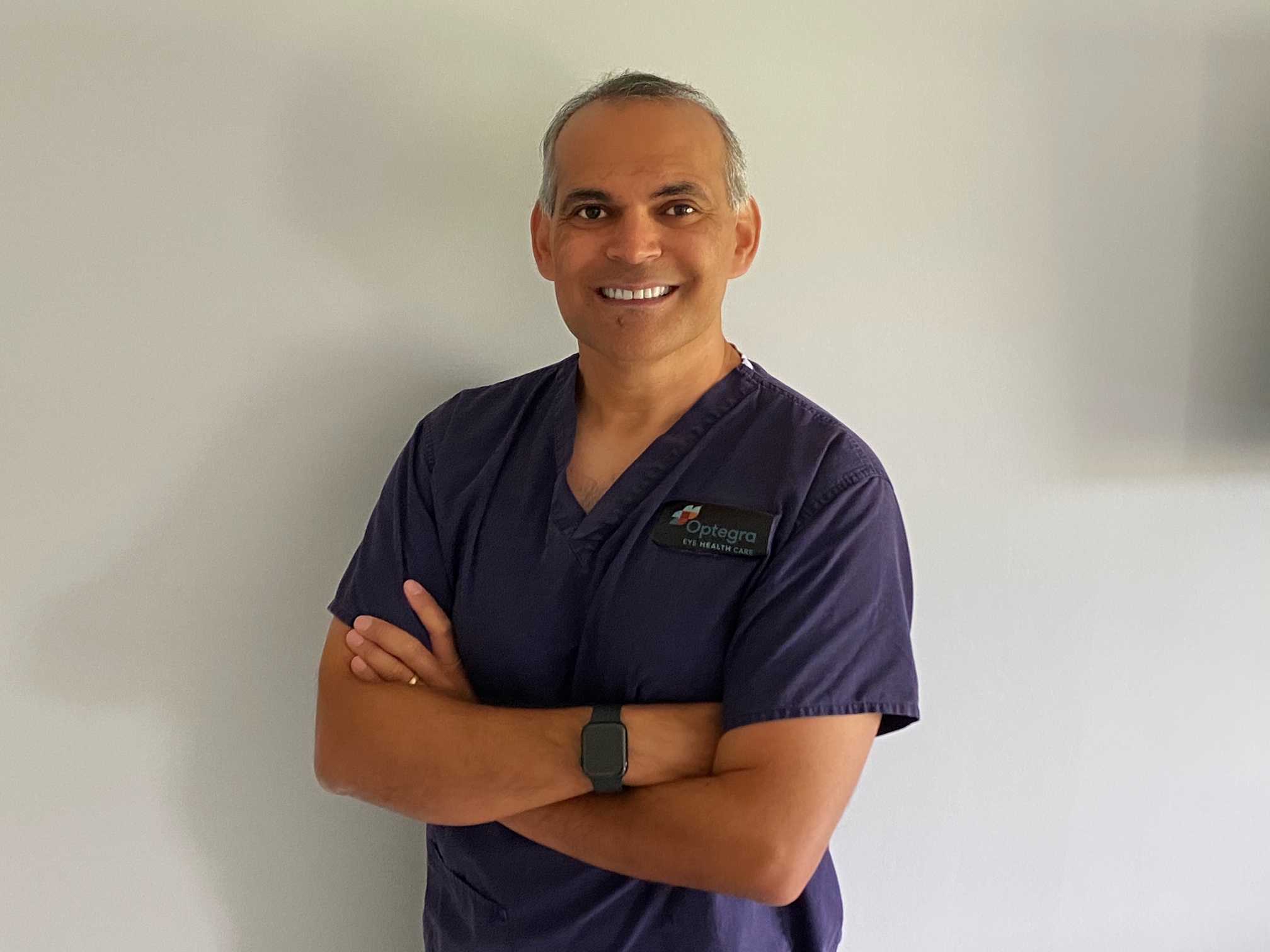
19 March, 2021

15 March, 2021

15 March, 2021
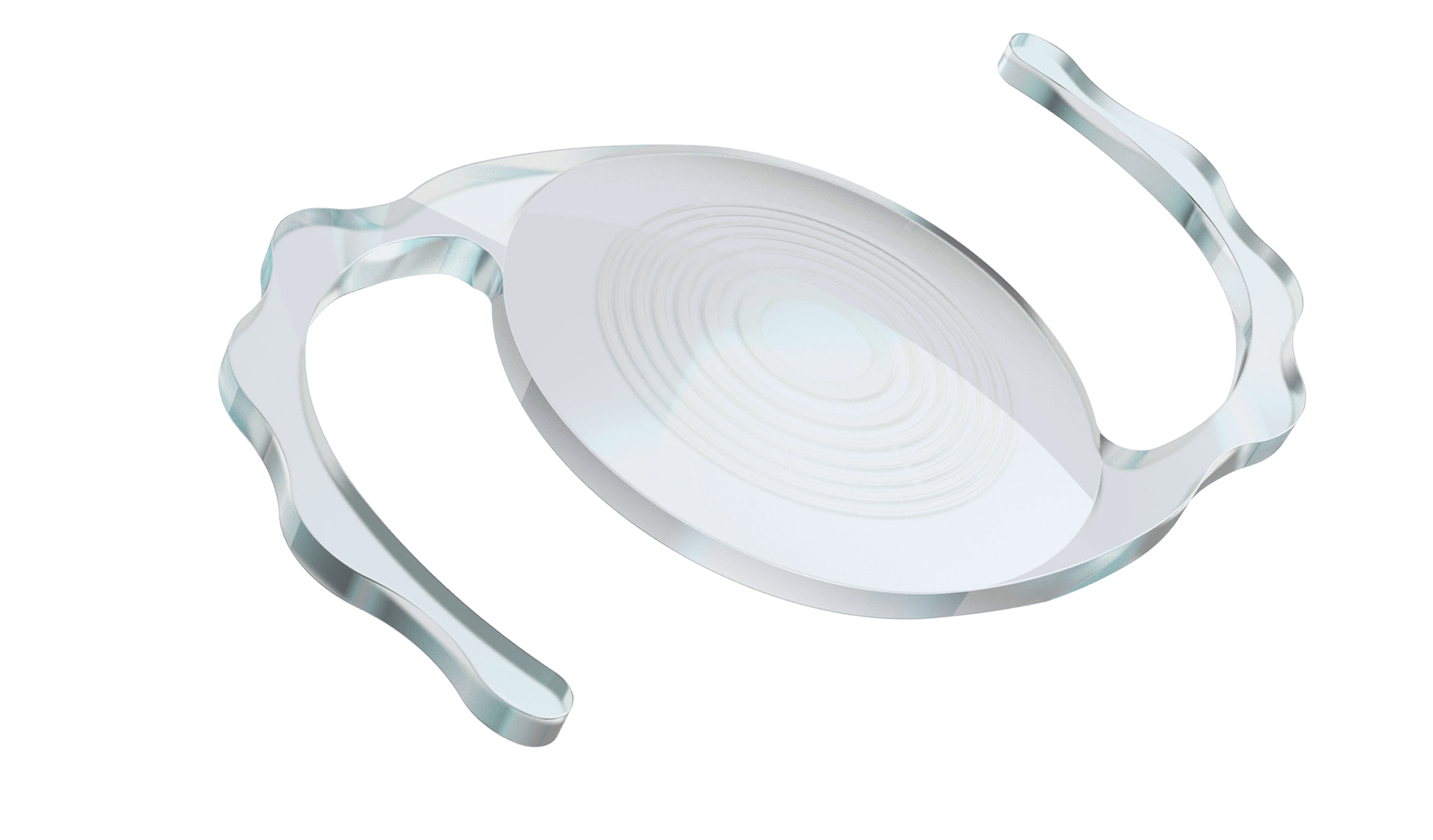
10 December, 2020
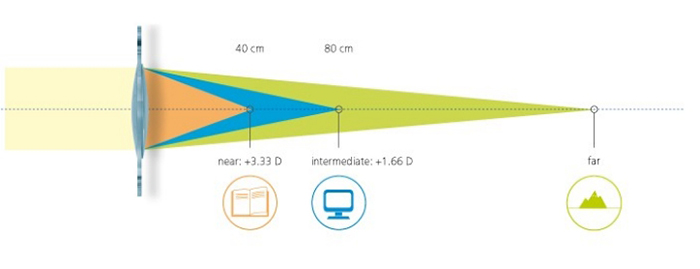
08 December, 2020
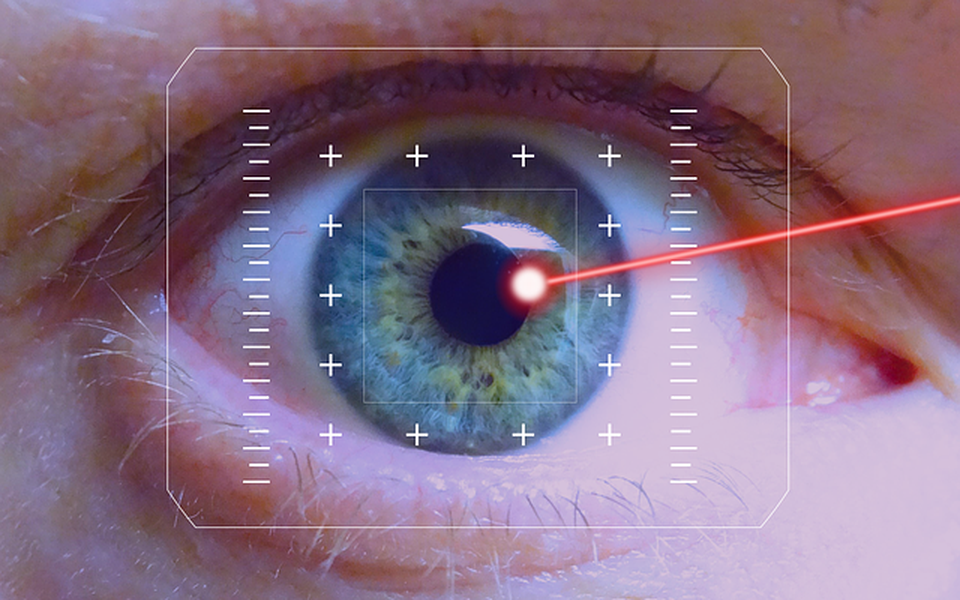
30 November, 2020

30 November, 2020
Total patient support- in the palm of your hand.
